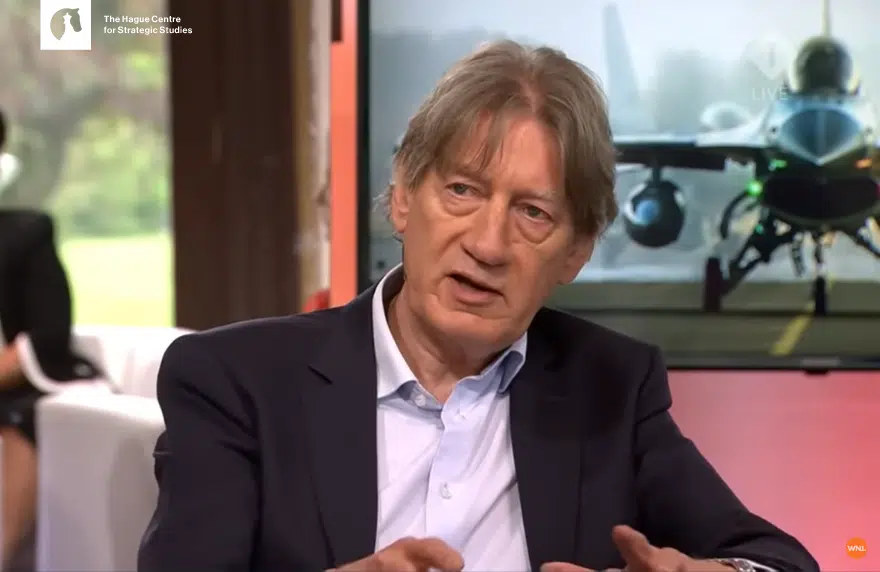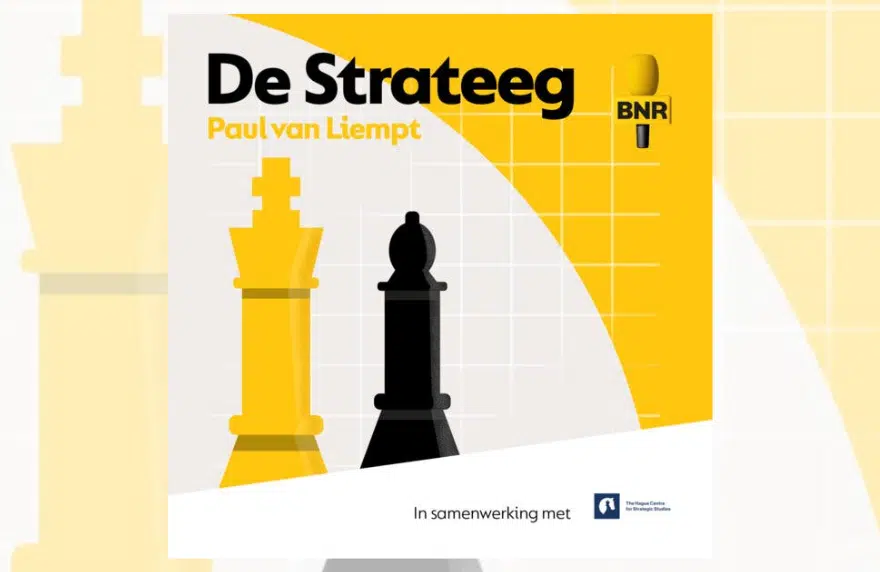Heeft u niet meer te winnen zonder dan met kernwapens?’, vroeg ik een jaar geleden aan een hoge vertegenwoordiger van de Iraanse regering. Een rechtstreeks antwoord kreeg ik niet, maar de lichaamstaal was veelzeggend: ja, dus. Vandaar dat de vergaande toezeggingen van Iran in het interim-akkoord mij niet verbaasden.
Als dat akkoord de komende maanden succesvol wordt omgezet in een verdrag, dan is er zicht op het geleidelijk opheffen van de sancties. Niet alleen de sancties die in verband met het vermeende kernwapenprogramma zijn opgelegd, maar uiteindelijk ook de sancties die zijn opgelegd na het vertrek van de sjah in 1979 en voor de ontwikkeling van raketten.
Deze ontwikkeling zorgt ervoor dat Iran geleidelijk een ‘normaal’ land wordt. Dat is een voorwaarde om een belangrijke, misschien wel de belangrijkste regionale speler te worden. Dat Israël, Saudi-Arabië en Turkije deze ontwikkeling met argusogen bekijken ligt voor de hand. Vooral de eerste twee landen hebben er alle belang bij het sjiitische Iran af te schilderen als een onbetrouwbare machtswellusteling die zowel Israël als de soennieten wil vernietigen.
Van plaats wisselen
Zo’n vaart zal het niet lopen. Als paria kon Iran zijn buitenlandpolitieke ambities slechts waarmaken door terroristische organisaties en foute regimes te steunen. Normalisering van de betrekkingen met Iran levert een land op met een constructiever, dus effectiever buitenlandbeleid. Dat kan slecht nieuws zijn voor Hezbollah, Hamas en Assad.
Het valt zelfs niet uit te sluiten dat Iran met Saudi-Arabië in de regio van plaats wisselt als belangrijkste bondgenoot van de Verenigde Staten. De Saudiërs weten dat en worden met de dag zenuwachtiger, temeer omdat Amerika als gevolg van de schalierevolutie steeds minder belang heeft bij hun olievoorraden. Israël heeft op zich weinig te vrezen. Want dat land beschikt over een kernwapenarsenaal dat avonturisme van regionale machten afschrikt.
Het doorbreken van de status quo is absoluut noodzakelijk. Want de huidige regionale spelers, inclusief Israël, zijn niet bij machte de problemen van het Midden-Oosten op te lossen.
Slecht nieuws
Iran is noodzakelijk voor een deal met Syrië en de bestrijding van IS, waarin Iran nu al een sleutelrol speelt. Een vergelijking met het einde van de Koude Oorlog is interessant. Toen het Oost-West conflict werd beëindigd, eindigde ook de steun van de supermachten aan foute regimes en opstandelingen.
Normalisering van de betrekkingen met Iran kan overigens ook slecht nieuws zijn voor de hardliners in het land zelf. Want de overwegend jonge, goed opgeleide bevolking is nog steeds meer pro-westers dan die van landen als Saudi-Arabië. Hun stem wordt groter als het land zich opent. Het eerste teken van de juistheid van deze veronderstelling is de euforie die na de deal in Iran onder de bevolking ontstond.
Ik ben ervan overtuigd dat voor president Obama het veranderen van de status quo doel op zich is. Sterker, het is de afgelopen jaren zijn handelsmerk geworden. Kijk maar naar de normalisering van de betrekkingen met Burma en Cuba.
Zijn aanpak lijkt mij de enige juiste keuze om het Midden-Oosten weg te halen van de heilloze weg die door alle spelers is ingeslagen.
De column van Rob de Wijk verschijnt wekelijks in Trouw.


